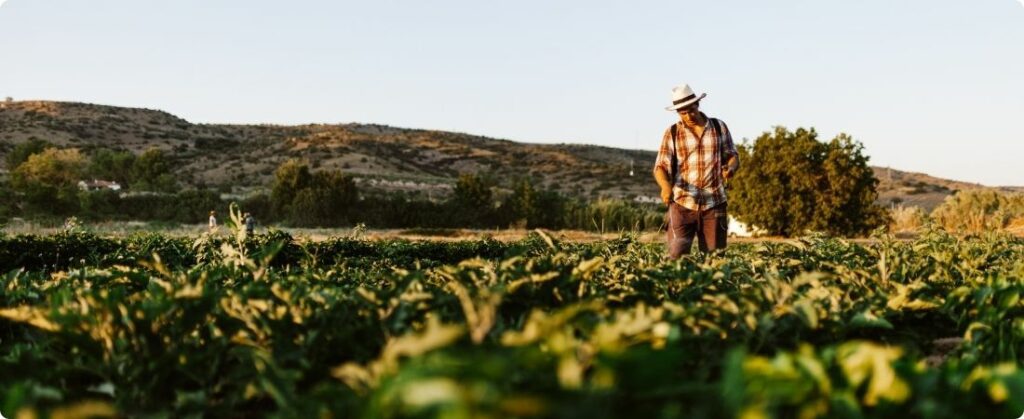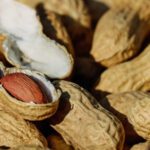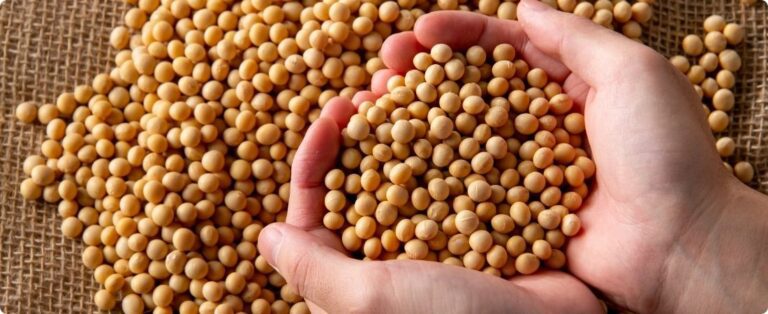
The recent trade tariffs imposed by the U.S to several commercial partners can open a window of opportunities for Brazilian agribusiness. According to information released by Itaú BBA's Agro Consultancy, despite the global scenario of uncertainty, Brazil can gain competitiveness in strategic sectors such as coffee, soybeans, cotton and animal proteins.
With the intention of applying reciprocal tariffs announced by the US, the international market began to operate under a tense environment. According to the report, this move raised fears of a global economic slowdown, which would negatively impact the demand for agricultural commodities such as orange juice, coffee and cotton. However, in a scenario of moderate tariffs and no recession, Brazilian products gain strength against American competition.
“Brazil can gain larger market shares in countries such as Mexico, Canada, China, South Korea and the European Union,” assesses Itaú BBA. A concrete example is in the coffee sector: while Vietnam — the world’s largest producer of robusta — was taxed at 46%, Brazil, Colombia and Honduras were subject to a tariff of only 10%. This makes Brazilian coffee more competitive in the American market, especially robusta.
Trade tensions open space for Brazil
Another highlight is soybeans. Even though Brazil is already one of the main suppliers of the oilseed to China, it could further increase its share if the 145% tariff on Chinese purchases of soybeans from the US is maintained. A similar situation occurs with cotton: although Chinese demand is lower this season, the Asian country should continue to use Brazilian cotton to replace American cotton.
In the animal protein segment, Brazil appears to be a viable alternative for markets that currently buy mainly from the US, such as Japan, South Korea and Canada. The expected 1.1% drop in US beef production in 2025, combined with the increase in tariffs on competitors such as Australia and Argentina, favors the Brazilian product.
On the other hand, orange juice may be penalized. The additional tariff of 10%, in addition to the existing USD 415/t, may increase consumer prices in the US. This tends to reduce the competitiveness of the Brazilian product. Mexico, which may remain exempt from taxes, will have an advantage in this scenario. Even so, the report indicates the possibility of expansion into markets such as the European Union, China and Japan.
Itaú BBA’s Agro Consulting firm emphasizes that the current scenario favors Brazil. However, it stresses that this benefit may be temporary. An eventual agreement between the US and China has the potential to neutralize these gains. “The definition of the direction will depend on geopolitical tensions and the terms of trade agreements,” the report concludes.
Source: Aline Merladete | agrolink












